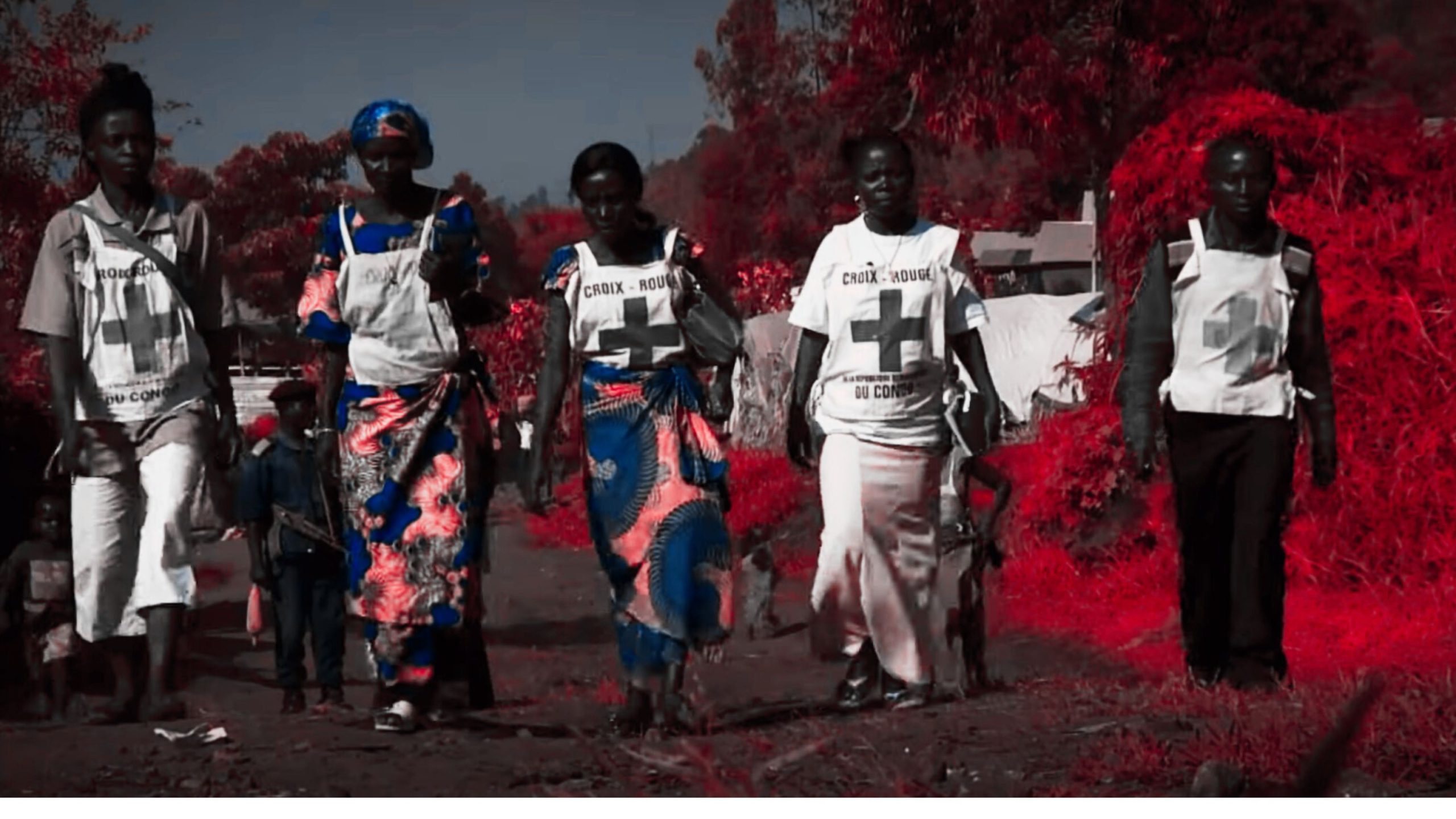The Red Cross (ICRC) is the latest long-established and operating international organization of considerable repute, that has found itself enlisted to, essentially, help the biometrics data-reliant ID happen.
Specifically, the Switzerland-based ICRC seems to have gotten involved in a scheme developed to such an end by Germany’s CISPA Helmholtz Center for Information Security, and also Switzerland-based Ecole Polytechnique Federale de Lausanne (EPFL).
The scheme is called the Janus system.
While formally and generally working in any region affected by natural or human-created disasters – helping refugees, casualties, the issue of missing or displaced persons – the ICRC is mandated first and foremost by the 1949 Geneva Convention.
But the times have in the meantime clearly changed quite considerably – and now there’s the initiative to “hoover up” ICRC’s many decades of experience, and repute, into a “new reality.”
Such as creating new tools “aimed at verifying the identities of humanitarian aid recipients.”
And once again, the focus is on developing nations. This time – not entirely unlike the stated rationale behind recent UK’s recent mass surveillance effort under the guise of fighting tax money fraud – the focus is supposedly to make sure that those caught up in humanitarian crises areas do not submit “multiple registrations.”
It’s either to make sure humanitarian aid gets to as many people as possible – or, a handy opportunity to present this problem as one without a solution, other than drastic things like biometric data getting introduced into the mix.
There has now been a disturbingly high number of instances of Western-based and/or majority-funded organizations, formal (like the UN), or informal but powerful ones, “testing abroad” the tech that they know would face serious and strong opposition at home.
And that’s in countries and societies where the dangers to privacy and security are either not well-advocated or are simply voided by the everyday bare necessity to survive.
Biometric data harvesting, retention, usage, and (ab)use fall in this category, and as much as civil rights organizations in developed countries are to be praised for the work they do or attempt to do at home, it should be said that the “backdoor experiments” taking place in poorer countries not getting enough spotlight is something these groups definitely need to work on.













